India’s transport minister announced that India will introduce flexible fuel vehicles (i.e. those that can run any blend of gasoline or ethanol) to reach the goal of achieving 20% ethanol-blending with gasoline by 2025, five years ahead of its previous target.
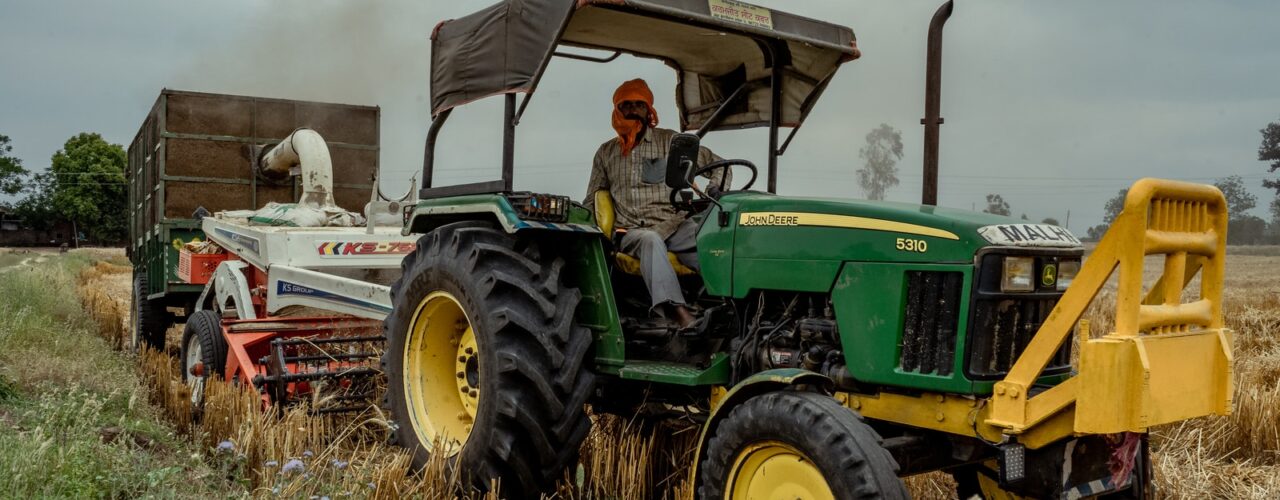
So what?
India’s plans to move towards ethanol is likely motivated by a desire to reduce crude oil imports, thereby strengthening energy security. The move could also boost farmers’ incomes and decrease air pollution if agricultural wastes that are currently burned are used to supply the ethanol market.
There are three important considerations with regards to ethanol’s impacts on sustainability. Firstly, while ethanol production from otherwise burned waste promotes circularity, there is a risk of driving further growth of water-intensive crops in an already water-stressed country. Secondly, where does ethanol fit in the move towards cleaner mobility? Does it contribute to a cleaner mobility future by acting as a transitional fuel source, or does the growth of flexible fuel vehicles make it difficult to transition to electric vehicles which require a very different infrastructure ecosystem? Finally, will the growth of ethanol create a tension between food security and energy security, if food grains are diverted towards ethanol production?
Sources
-
REUTERS IMPACT-India to introduce flexible fuel vehicles soon to increase ethanol use https://www.agriculture.com/markets/newswire/reuters-impact-india-to-introduce-flexible-fuel-vehicles-soon-to-increase-ethanol
-
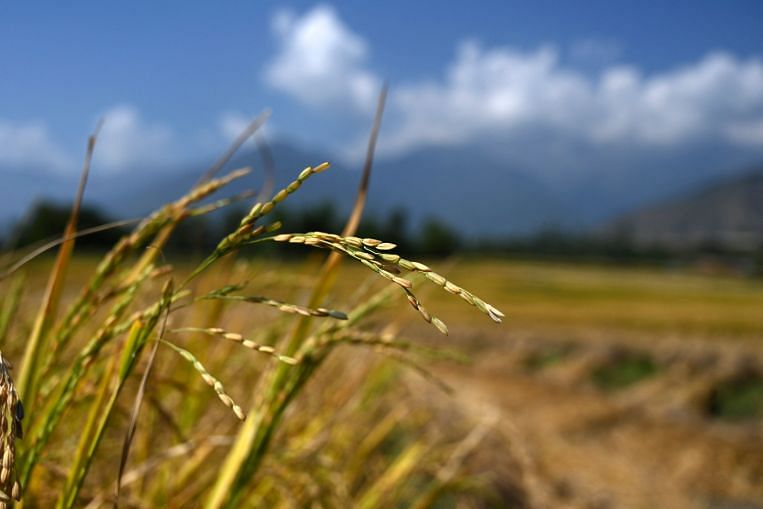 An ambitious ethanol plan sparks food security fears in India https://www.straitstimes.com/asia/south-asia/an-ambitious-ethanol-plan-sparks-food-security-fears-in-india
An ambitious ethanol plan sparks food security fears in India https://www.straitstimes.com/asia/south-asia/an-ambitious-ethanol-plan-sparks-food-security-fears-in-india

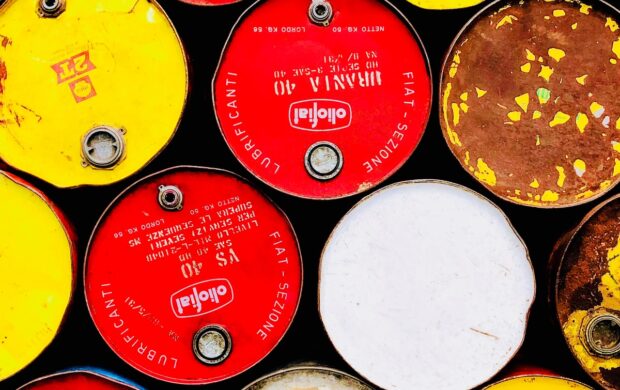






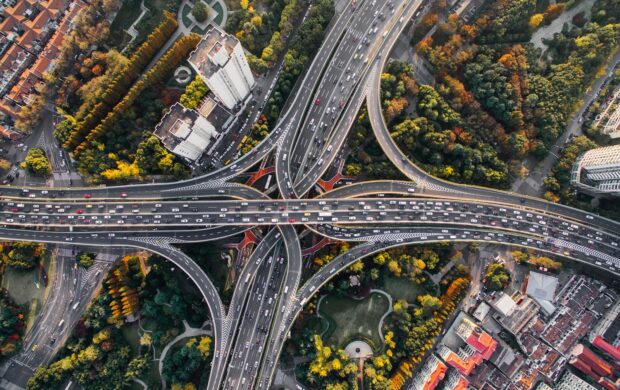
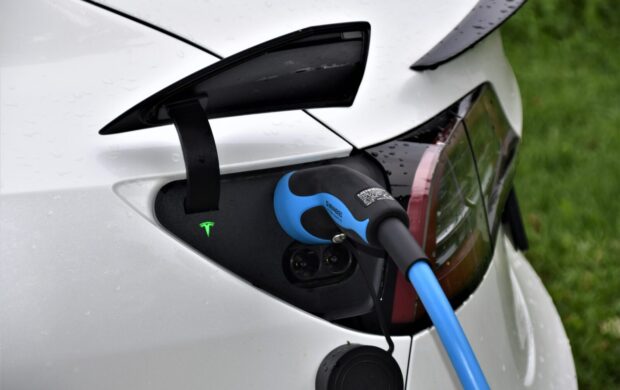
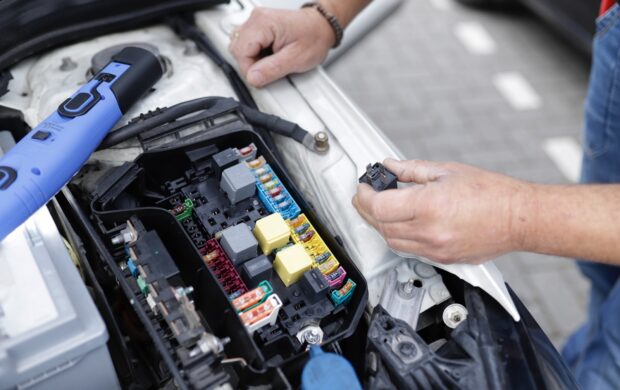

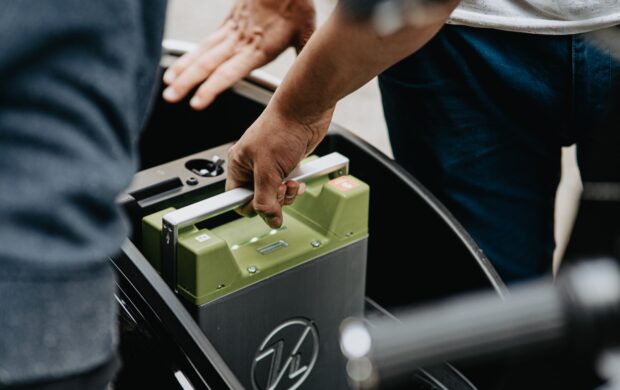

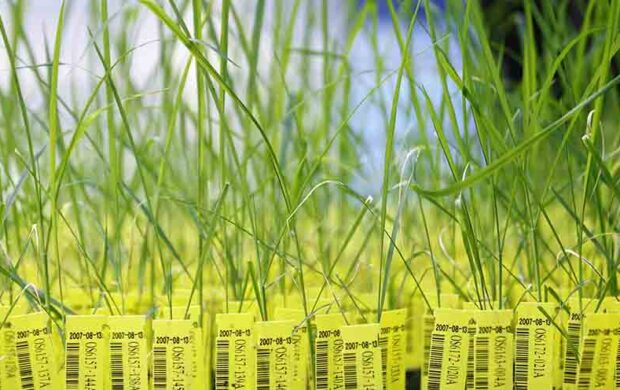





Join discussion